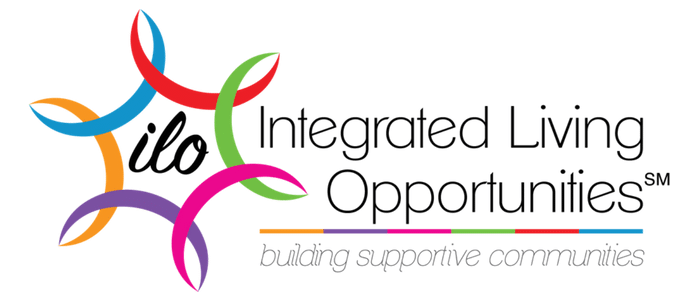On July 2, 2019 the Department of Housing and Urban Development (HUD) announced that they would be releasing 150 million dollars in funding to help non-elderly individuals with disabilities (aged 18-62) acquire housing in the community.
This funding opportunity falls under the Mainstream Housing Choice Voucher Program. According to the press release, HUD expects to award 300 grants, ranging from 20,000 to 3 million. They anticipate that these grants will help approximately 18,000 individuals with disabilities.
Please be advised that this funding opportunity is not for individuals or families, rather public housing agencies that wish to apply for funding to administer mainstream housing vouchers.
What is the Mainstream Housing Choice Voucher Program?
The Mainstream Housing Choice Voucher Program “enables families having a person with disabilities to lease affordable private housing of their choice. Mainstream program vouchers also assist persons with disabilities who often face difficulties in locating suitable and accessible housing on the private market.” In order to qualify, families must meet income eligibility criteria, as well as have a non-elderly family member that has a disability. They are then added to a housing choice voucher list to wait until the public housing authority selects them for a voucher.
It is important to note that the only differences between the mainstream housing choice vouchers and the regular tenant-based voucher program lies in the fact that the mainstream housing voucher serves a special population. All other rules for administering the mainstream vouchers are the same.
For more information, a Mainstream Housing Voucher FAQ can be found here, or you can visit HUD’s website.
How can my organization apply for this funding?
All applications for this funding are due September 5, 2019. For detailed information on applying for this funding, please see the Notice of Funding Availability (NOFA). This document provides an outline of the funding opportunity, including the description, award information, eligibility, application, submission, and review information, as well as agency contacts. All applicants are cautioned that HUD funding is extremely competitive, so attention should be paid to ensuring that the applications are complete and eligible.
Interesting note: The NOFA does state that while not a necessity to receive funding, applications from public housing agencies will have more weight if they have:
- targeted funds to assist non elderly persons with disabilities that are transitioning out of a segregated setting or at risk of being institutionalized, have been, are currently or potentially could be homeless, or are currently a client in supported housing or rapid rehousing project and/or
- plan to formalize partnerships with and use resources from “state Medicaid agencies and various health and human services partner agencies or organizations including community-based disability organizations.”
Learn more about Integrated Living Opportunities and Independent Living for Adults with Disabilities
Integrated Living Opportunities (ILO) is a non-profit organization that is devoted to helping families with special needs build supportive, integrated communities that enable safe, productive, independent living options for their young adults with developmental disabilities. ILO helps families create inclusive communities to facilitate networks of support for adults with disabilities to enable them to live independently. ILO does this by developing teams of paid and unpaid individuals for our self-advocates as they move out of their family houses into their own homes.
The idea for ILO grew from a need expressed by individuals with disabilities and their families in Washington, D.C., Maryland and Virginia. This need was for independent living options that were inclusive, sustainable, affordable, and community based. Carney, along with a group of core participating families, founded ILO to fill that need.
Since then, our organization has grown rapidly – ILO now supports 28 families in Montgomery County Maryland, Washington DC and Northern Virginia. Of the 28 families, 17 family members with disabilities (self-advocates) are now living independently with the supports to be successful and live a full life. ILO facilitates five communities throughout Montgomery County Maryland, Washington DC and Northern Virginia. For families that are not ready to join ILO, ILO also runs ILO Community Group where there are over 65 family members.
If you would like to learn more about how ILO can help your family member with disabilities obtain independent, supported community based housing, please check out our website www.ilonow.org, or contact us.
